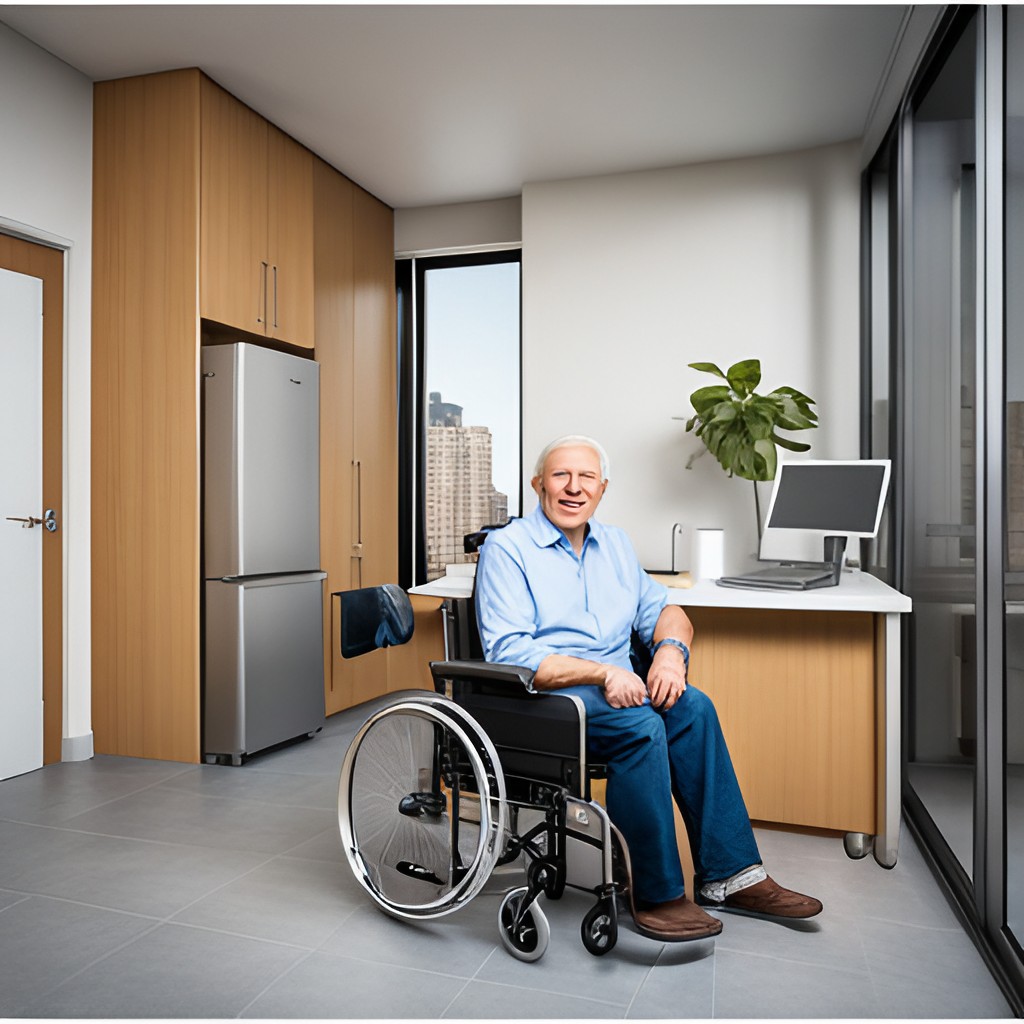Supported accommodation refers to housing designed to provide people with disabilities the help and support they need to live as independently as possible. This type of living arrangement comes with both advantages and disadvantages. Understanding these can help individuals and their families make informed decisions about their housing options.
Pros of Supported Accommodation
- Customized Support Services: Supported accommodations often provide personalized support tailored to the individual’s needs, ranging from help with daily tasks (like cooking, cleaning, and personal care) to medical care and therapy services.
- Increased Independence: By offering the necessary support, these accommodations enable individuals with disabilities to live more independently. Residents have the freedom to manage their day-to-day lives while receiving the care they need.
- Social Interaction and Community Involvement: Living in supported accommodation can offer a sense of community and belonging. Many facilities organize social events and activities, providing residents with opportunities to form friendships and engage with
others. - Safety and Security: These accommodations are designed with safety in mind, often including features like emergency call systems, secure entryways, and staff available 24/7,reducing worries for both the residents and their families.
- Accessibility: Supported accommodations are specifically designed or adapted for individuals with disabilities, ensuring that physical barriers to mobility and everyday tasks are minimized.
Cons of Supported Accommodation
- Cost: One of the most significant drawbacks can be the cost. The comprehensive care and facilities provided in supported accommodation can be expensive, and while there may be funding or subsidies available, they might not cover all expenses.
- Limited Privacy: Depending on the setup, residents might find they have less privacy than they would in a private home. Shared living spaces and the constant presence of staff can make it difficult to find solitude.
- Restrictions and Lack of Control: Some supported accommodation facilities have rules and regulations that restrict what residents can and cannot do. This might include limitations on visitors, noise levels, and personalization of living spaces, which can make some residents feel like they have less control over their lives.
- Potential for Conflict: Whenever people live in close quarters, there’s a risk of interpersonal conflicts. This can be due to personality clashes, differences in lifestyle, or issues with how the accommodation is managed.
- Dependency Concerns: While supported accommodations aim to foster independence, there is a risk that some individuals may become too reliant on the support provided, potentially impacting their motivation or ability to do things for themselves.
Conclusion
Supported accommodation offers a viable option for individuals with disabilities, presenting an environment that balances support with independence. However, the decision to move into such accommodation should be made carefully, considering both the individual’s personal needs and the potential drawbacks. It’s also important to thoroughly research and visit potential accommodations to ensure they meet the resident’s requirements and expectations.

